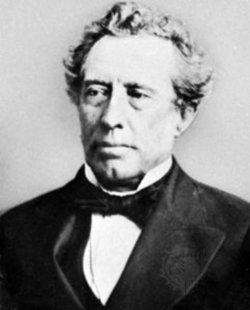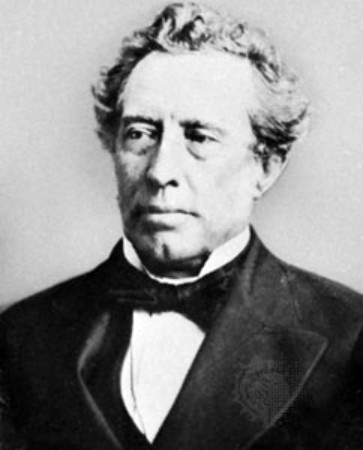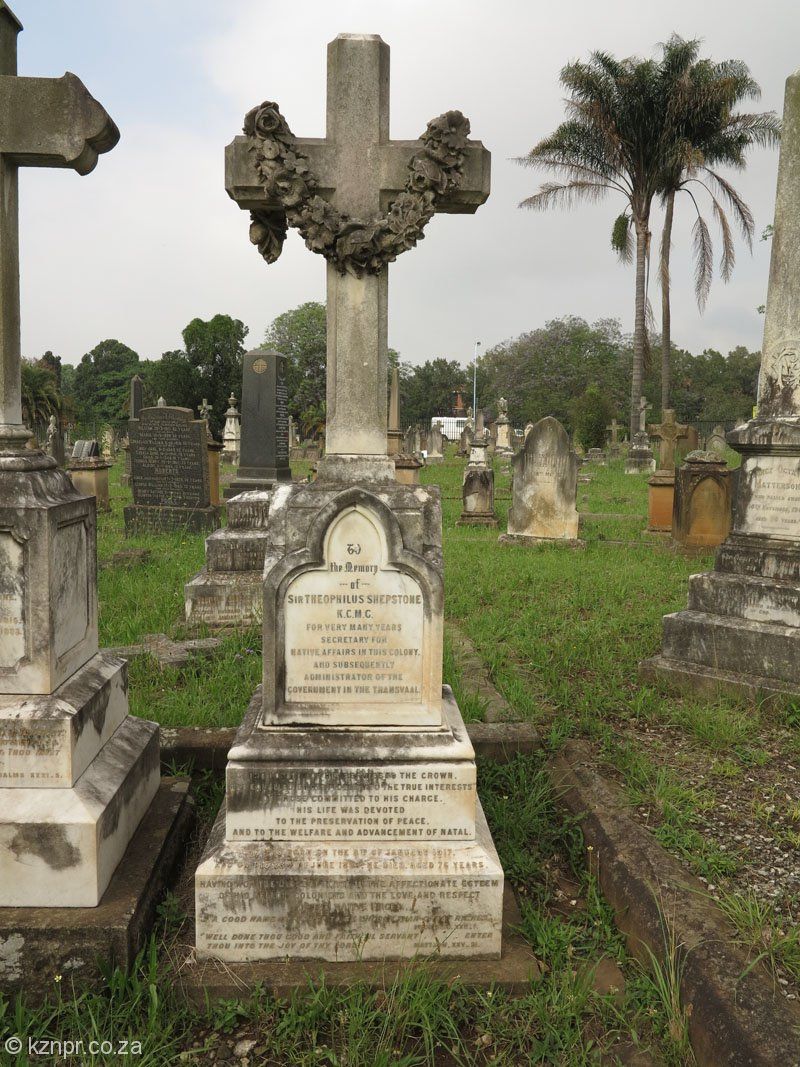Politician. He gained respected recognition as a 19th century South African politician. The son of a minister, he emigrated with his family to Cape Colony, South Africa in 1820 where he was educated at mission schools where his father taught. The local languages he learned proved to be a considerable asset to his future career as a diplomat. In 1835, he was appointed British Resident to the African tribes of the Eastern Cape Province. When British rule was more fully implemented, he was given increasingly important posts, and between 1856 to 1877 he served as Secretary for Native Affairs as well as a member of the legislative council. Respected by both colonists and the indigenous peoples of southern Africa, he earned a reputation for encouraging the continuance of tribal customs providing that they did not conflict with the general precepts of humanity. He used his knowledge of local languages and considerable influence wisely, and was referred to as "Father" by many tribes. He did not try to force European civilization upon Africans. In an unusual contrast, however, he opposed to the freehold of land by black Africans, thus reflecting a racial bias generally characteristic of the period. Some of his contemporaries saw him as a "divide and rule" statesman. In 1869, however, Shepstone was appointed a Companion of the Most Distinguished Order of Saint Michael and Saint George (CMG), and was later appointed a Knight Commander of the Distinguished Order of Saint Michael and Saint George (KCMG) for his services to the British Empire. In 1872, amid political turmoil in Zululand over succession to the Zulu crown, he successfully arranged for the coronation of Cetshwayo as King. The following year, Shepstone was asked, despite being an Englishman, to formally crown Cetshwayo the King of Zululand. In 1877, he became responsible for the annexation of the of the Boers' South African Republic (also known as the Transvaal Republic) to the British Empire as part of Britain's goal of establishing a confederation of the independent South African states. In April of 1877, Shepstone issued a proclamation of the establishment of British authority in the Transvaal. Subsequently appointed Administrator of the Transvaal by Sir Henry Bartle Frere, the British High Commissioner. He retired in 1880, after more than forty years of service in public office. Shepstone's impact on history remains strongly evident in South Africa.
Politician. He gained respected recognition as a 19th century South African politician. The son of a minister, he emigrated with his family to Cape Colony, South Africa in 1820 where he was educated at mission schools where his father taught. The local languages he learned proved to be a considerable asset to his future career as a diplomat. In 1835, he was appointed British Resident to the African tribes of the Eastern Cape Province. When British rule was more fully implemented, he was given increasingly important posts, and between 1856 to 1877 he served as Secretary for Native Affairs as well as a member of the legislative council. Respected by both colonists and the indigenous peoples of southern Africa, he earned a reputation for encouraging the continuance of tribal customs providing that they did not conflict with the general precepts of humanity. He used his knowledge of local languages and considerable influence wisely, and was referred to as "Father" by many tribes. He did not try to force European civilization upon Africans. In an unusual contrast, however, he opposed to the freehold of land by black Africans, thus reflecting a racial bias generally characteristic of the period. Some of his contemporaries saw him as a "divide and rule" statesman. In 1869, however, Shepstone was appointed a Companion of the Most Distinguished Order of Saint Michael and Saint George (CMG), and was later appointed a Knight Commander of the Distinguished Order of Saint Michael and Saint George (KCMG) for his services to the British Empire. In 1872, amid political turmoil in Zululand over succession to the Zulu crown, he successfully arranged for the coronation of Cetshwayo as King. The following year, Shepstone was asked, despite being an Englishman, to formally crown Cetshwayo the King of Zululand. In 1877, he became responsible for the annexation of the of the Boers' South African Republic (also known as the Transvaal Republic) to the British Empire as part of Britain's goal of establishing a confederation of the independent South African states. In April of 1877, Shepstone issued a proclamation of the establishment of British authority in the Transvaal. Subsequently appointed Administrator of the Transvaal by Sir Henry Bartle Frere, the British High Commissioner. He retired in 1880, after more than forty years of service in public office. Shepstone's impact on history remains strongly evident in South Africa.
Bio by: wildgoose
Family Members
Advertisement
See more Shepstone memorials in:
Advertisement











